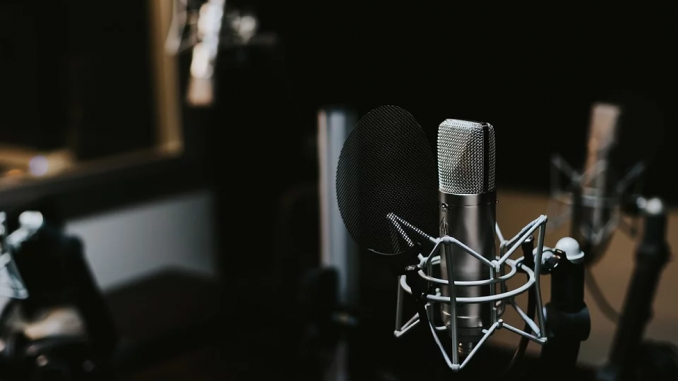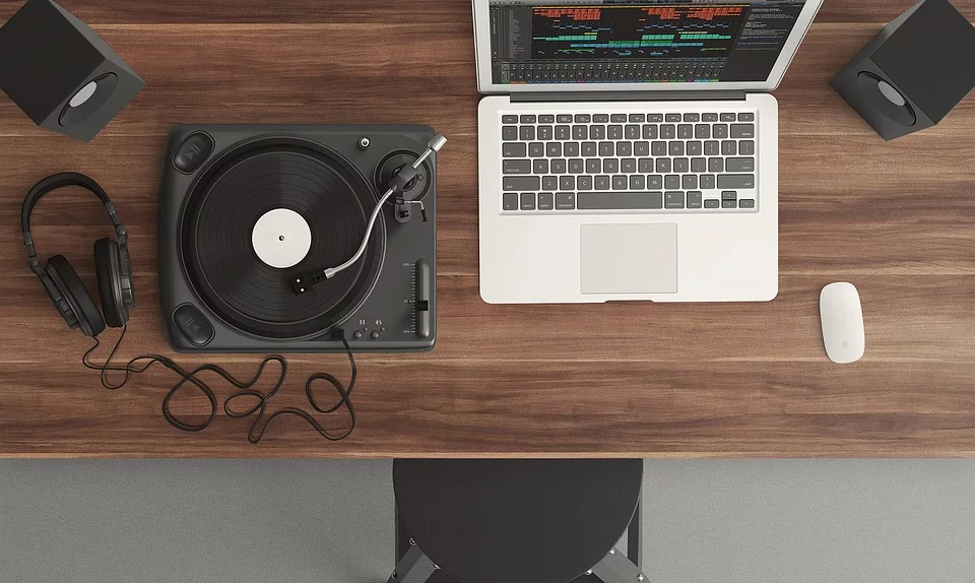There is nothing quite like music. We have been blessed with plenty of art forms, from cinema and painting to sculpting and dancing. Yet, none of these has the tremendous effect music can have on your soul. It simply has healing powers and is capable of lifting you up when you are feeling down and alone. The only thing that is better than listening to music is making it, and you will never find a better way to express yourself. You can actually start producing music at home, too, but you need to know a few essentials and get the right gear. Here’s how you can start.
What Kind of Music Do You Want to Make?
The first and most important thing you need to do is figure out just what kind of music you want to make. In this day and age, making and producing music is easier than ever with plenty of tools available to help you. This is why you have to figure out what music you’re into first because you might be ready to start right now. For instance, if you want to make electronic music, then you have most things you need already. You’d need a laptop, which you already have, and you could actually start mixing and producing music! If, however, you want to record music, then there are a few items involved.
How to Get the Sounds You Need
Now that you’ve figured out the kind of music you want to produce, you need to start getting or creating the sounds you need. This is where things get a bit tricky, but it is still quite doable if you just focus on doing it right. If you’re going for an electronic sound, then you should get yourself some sample packs, which is the best way to start. Those are pre-recorded sounds by professional music producers and sound engineers, including drum kit sounds, string instruments, and a lot more that you could fiddle with. Using these sounds, you can start mixing and creating your own unique tunes. It is actually as simple as that. You could also download mixing software to help you experiment and try new things out. If you happen to play an instrument or two, and you’re not really into electronic music, then you will need to record yourself playing and/or signing so you could start producing, which brings us to the next point.
Getting the Right Gear
Computer
Gear is everything when it comes to music production. The kind of gear you are using will mark the difference between making high-quality music and something that sounds like it was recorded in a garage. The first item you need to invest in is a laptop. If you don’t already have a powerful one, then you should get yourself a MacBook Pro, which is used by most professionals in the music production world for its high specs and speed. You need high processing power and an excellent sound card, so look for those, in case you’re not really an Apple fan.

Microphones
It wouldn’t be an understatement to say that microphones are a deal-breaker when it comes to the quality of produced music. If you’re playing an instrument, you want the recorded sound to be exactly like you hear it, and that means getting yourself decent microphones for different purposes. Some microphones work best for recording vocals, while others are more suited for instruments like the guitar or piano. So, getting a couple can give you options and diversify the sounds you’ll be able to produce.
Setting Up Your Home Studio
How and where you set up your home studio is as important as the gear you will be using. Yes, the room has to have certain specifications if you want to enjoy good sound quality. You should stay away from small spaces because this means the instruments will not sound rich. You should also remove any carpets from the room, since carpets tend to absorb higher frequencies, which will make the lower notes in your music more prominent in the final mix. Make sure to soundproof the room so you could enjoy a crisp sound quality without disturbing the neighbors.
While producing music at home is more accessible than ever now, it is anything but easy. You will need guidance and help, so you should ask experienced musicians for their feedback to see if you need to adjust the settings of your home studio or get better gear. More importantly, you should keep trying because this will take time, but it is definitely worth it.

